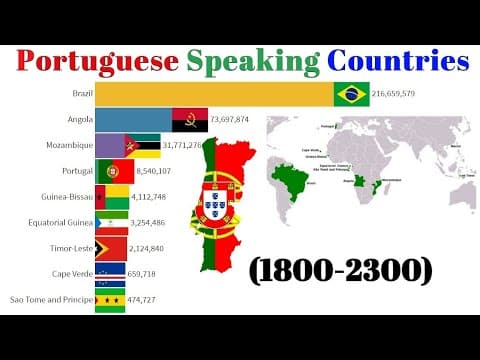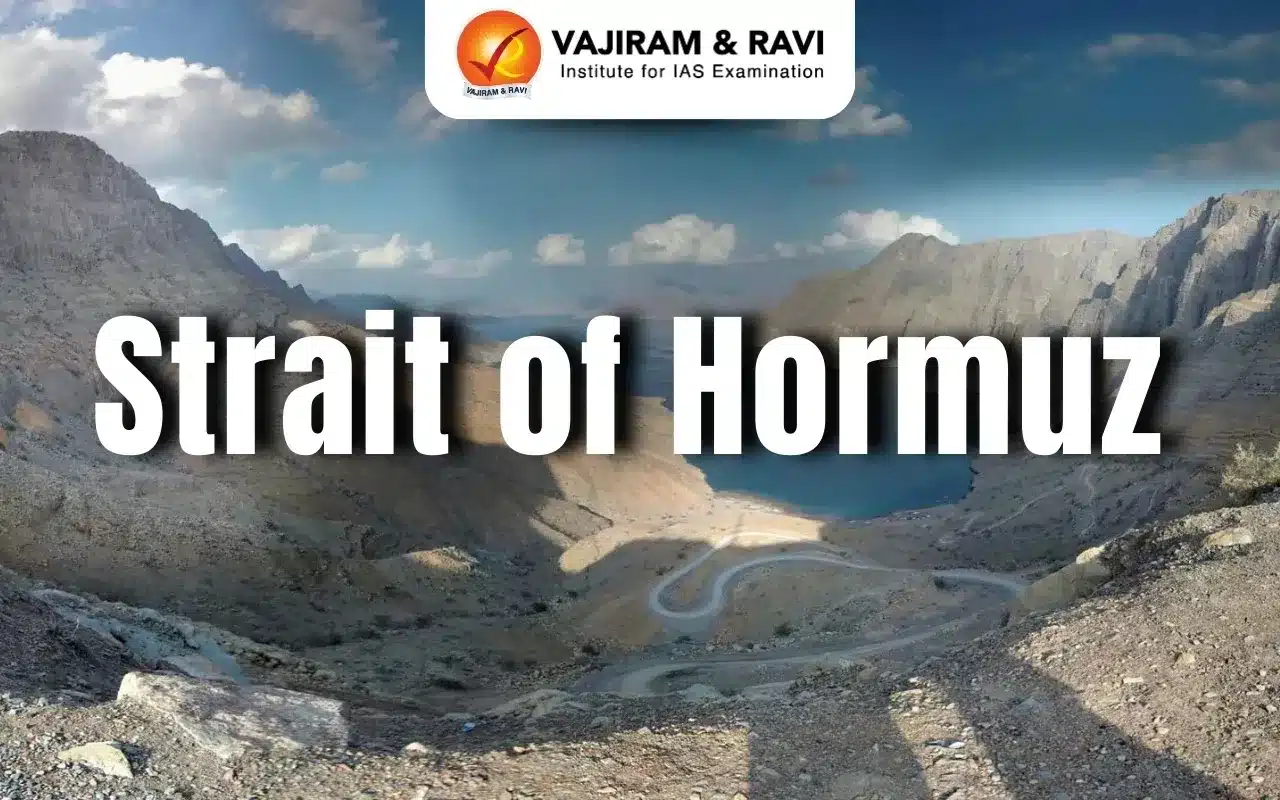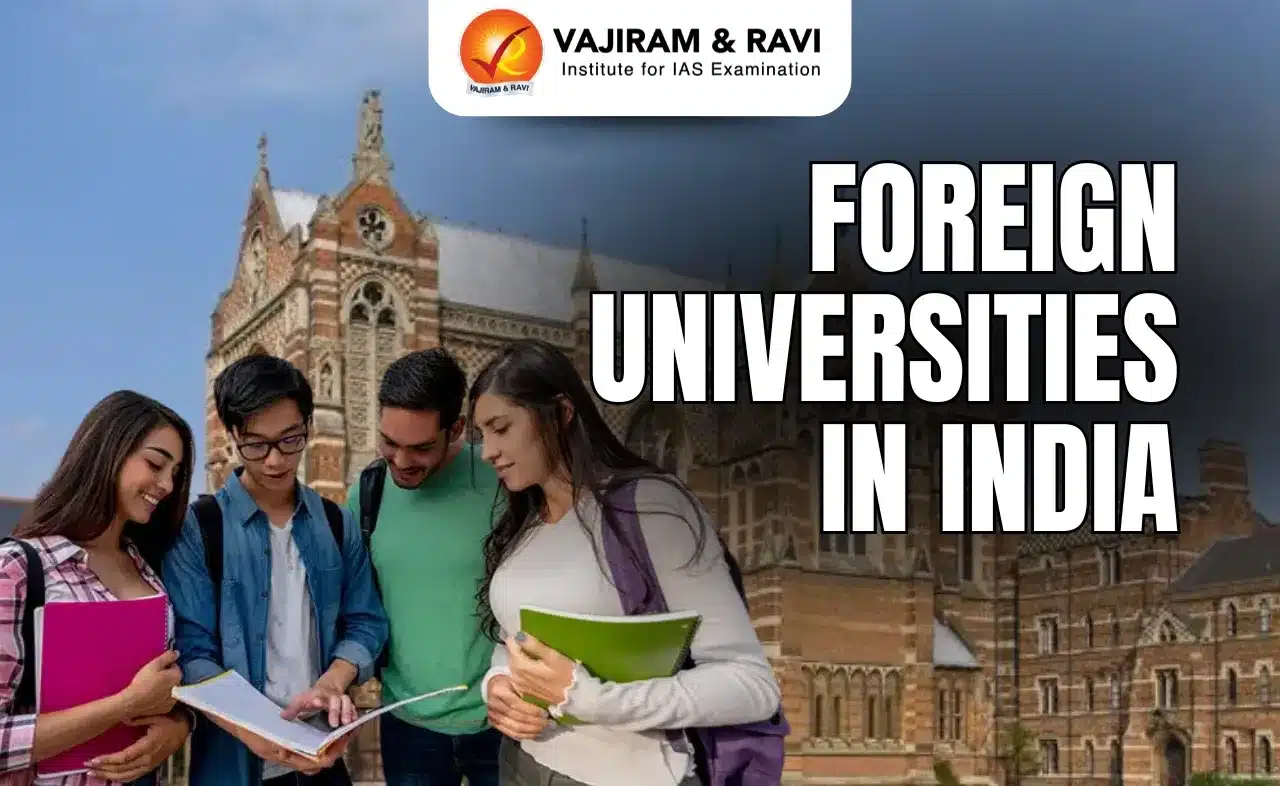What’s in today’s article?
- Why in News?
- About Lusophone (Meaning, Purpose, Member countries)
- About CPLP (History, Objectives, Significance for India, etc.)
Why in News?
- In a novel diplomatic step, India is moving in to strategically engage with a new geopolitical grouping: the Lusophone (Portuguese-speaking countries) in order to leverage the untapped potential and the historical connect.
- With this realization, to further India’s engagement with the Lusophone world, India is hosting a four-day cultural extravaganza in Goa.
- The International Lusophone Festival kicked off on 3rd December at the Raj Bhavan in Goa.
About Lusophone:
Image Caption: Countries with Portuguese as official language
- The Lusophone world are countries that speak Portuguese as their official language and were colonized by the Portuguese.
- With 270 million speakers, Portuguese is the sixth most spoken language in the world.
- The Lusophone world is comprised of nine countries/regions –
- Brazil
- Angola
- Mozambique
- Portugal
- Guinea-Bissau
- East Timor
- Equatorial Guinea
- Macau
- Cape Verde
- The Lusophone world is mainly a legacy of the Portuguese Empire, although Portuguese diaspora and Brazilian diaspora communities have also played a role in spreading the Portuguese language.
- Even after the collapse of the empire, the corresponding countries continue to exhibit both cultural and political affinities, expressed in the existence of the Community of Portuguese Language Countries (CPLP).
About Community of Portuguese Language Countries (CPLP):
- The Community of Portuguese Language Countries (CPLP) or Lusophone Commonwealth, was founded in 1996 in Lisbon, Portugal.
- Apart from Portugal, Angola, Brazil, Cabo Verde, Guinea Bissau, Mozambique, Portugal and Sao Tome and Principe were the founding members; while Timor Leste and Equatorial Guinea joined later.
- India joined CPLP as an associate observer only in July 2021.
- CPLP started with three key areas of action –
- Political and Diplomatic Coordination,
- Cooperation in several areas,
- Promotion and dissemination of the Portuguese language
- A significant achievement is that these nine Portuguese-speaking nations signed agreements to facilitate cross-border movement of their citizens for any purpose and issue residency permits for all CPLP citizens in every one of the member countries.
India and its relationship with Lusophone countries:
- Though the Indo-Portuguese relationship can be traced back to the arrival of the Portuguese in India about 500 years ago, bilateral diplomatic ties were only established in 1974-75.
- The first Portuguese to land in India was Vasco De Gama in 1498.
- Since then, bilateral ties have progressed tremendously, both politically and culturally.
- While India will continue to pursue formal bilateral engagements with the member countries individually and bilaterally, CPLP provides an opportunity to forge a Lusophone partnership – “Portuguese-speaking niche diplomacy” with the member countries.
- As CPLP is Africa-centric, cooperation with India in areas such as food security, capacity building, and tropical health would be of immediate interest.
- Other possibilities are the development of people-to-people linkages and Track-II engagement.
- As an Associate Observer of the CPLP, India may participate, without the right to vote, in the summits. It will have access in the council of ministers to non-confidential documentation.
Q1) Why is it called Lusophone?
The term Lusophone is a combination of the form “Luso-” (from the Latin term for an area roughly corresponding to modern Portugal, called Lusitania). and the suffix “-phone” ( from the Ancient Greek word (phōnē), meaning “voice”).
Q1) When did Vasco da Gama first came to India?
Vasco da Gama first came to India on 20th May 1498, two years after he set sail from Lisbon, Portugal, Vasco da Gama arrived on the Western Sea coast of India at Kozhikode (Calicut), Kerala.
Last updated on June, 2025
→ UPSC Notification 2025 was released on 22nd January 2025.
→ UPSC Prelims Result 2025 is out now for the CSE held on 25 May 2025.
→ UPSC Prelims Question Paper 2025 and Unofficial Prelims Answer Key 2025 are available now.
→ UPSC Calendar 2026 is released on 15th May, 2025.
→ The UPSC Vacancy 2025 were released 1129, out of which 979 were for UPSC CSE and remaining 150 are for UPSC IFoS.
→ UPSC Mains 2025 will be conducted on 22nd August 2025.
→ UPSC Prelims 2026 will be conducted on 24th May, 2026 & UPSC Mains 2026 will be conducted on 21st August 2026.
→ The UPSC Selection Process is of 3 stages-Prelims, Mains and Interview.
→ UPSC Result 2024 is released with latest UPSC Marksheet 2024. Check Now!
→ UPSC Toppers List 2024 is released now. Shakti Dubey is UPSC AIR 1 2024 Topper.
→ Also check Best IAS Coaching in Delhi
























